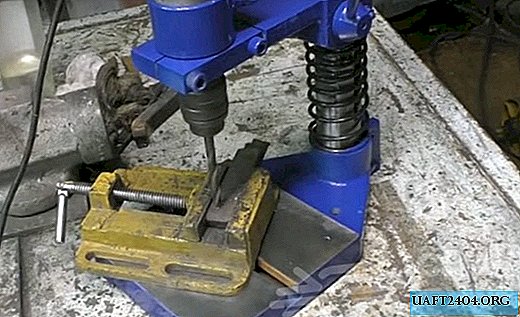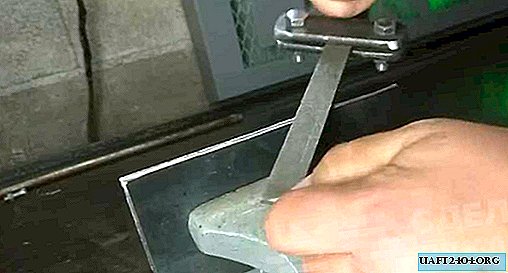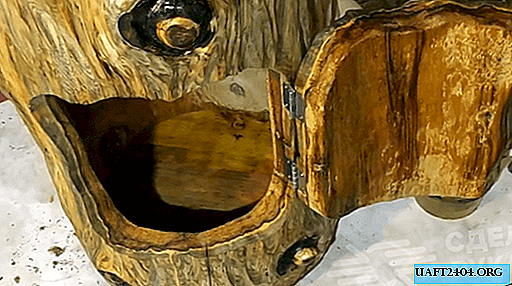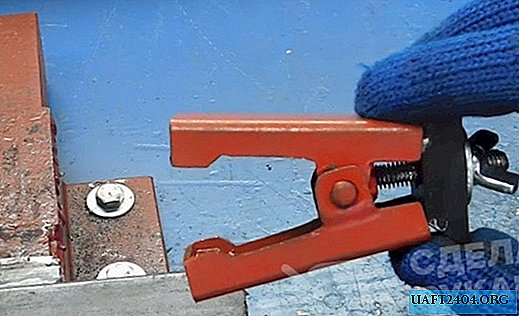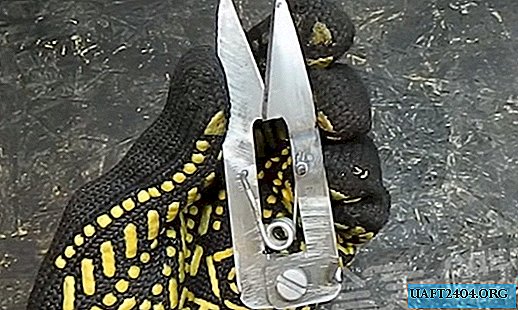Share
Pin
Tweet
Send
Share
Send
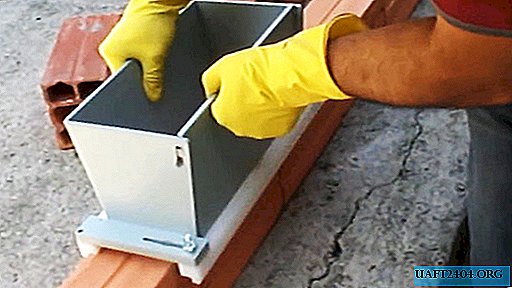
Required Tools
For masonry you will need:
- horizontal template;
- end template;
- trowel;
- bucket for carrying the solution;
- cord.
How to use the template
The use of such devices of any design requires a first row. It will have to be laid according to traditional technology. It should be perfectly flat, so you need to use a stretched cord. If the foundation is slanted horizontally and it was not possible to align the masonry on the first row, then this can be done by the second line, and only after that go to the template.
It is most convenient to use an adjustable template, since it is universal for bricks of various configurations. First, you need to set its width by sliding the side wall with the runners stop.


The template is installed at the beginning of the row and filled with a solution.

The consistency of the cement-sand mixture should be medium. When moving the template leaves a thin uniform layer of solution. You do not need to immediately go through the entire line of the wall if it is long so that the mixture does not ventilate.

To lay a brick on such an even pillow is much easier and faster. He go to bed with a standard half-pitch shift step. When laying, a small amount of the solution is squeezed out, which must be removed.

Depending on the brick configuration, an end template may be required. It is applied to the brick end and a layer of mortar is laid on it. This is repeated for each brick, but only on the one hand.



Although the mortar layer is uniform, but during masonry one or several bricks can be transferred in places, creating irregularities. For this reason, once in several rows, you need to control the line with a lace. If there are errors, after using the template, remove it from the wall so that it does not pull the thread. After this, the bricks need to be laid, aligning along it. Where necessary, they are pressed in harder or laid on an additional layer of the solution smeared with a trowel.

Using the template, you can work faster, to avoid excessive use of glue, its spraying and strong distortions in the rows. After changing the tool, wash the tool.

Share
Pin
Tweet
Send
Share
Send

